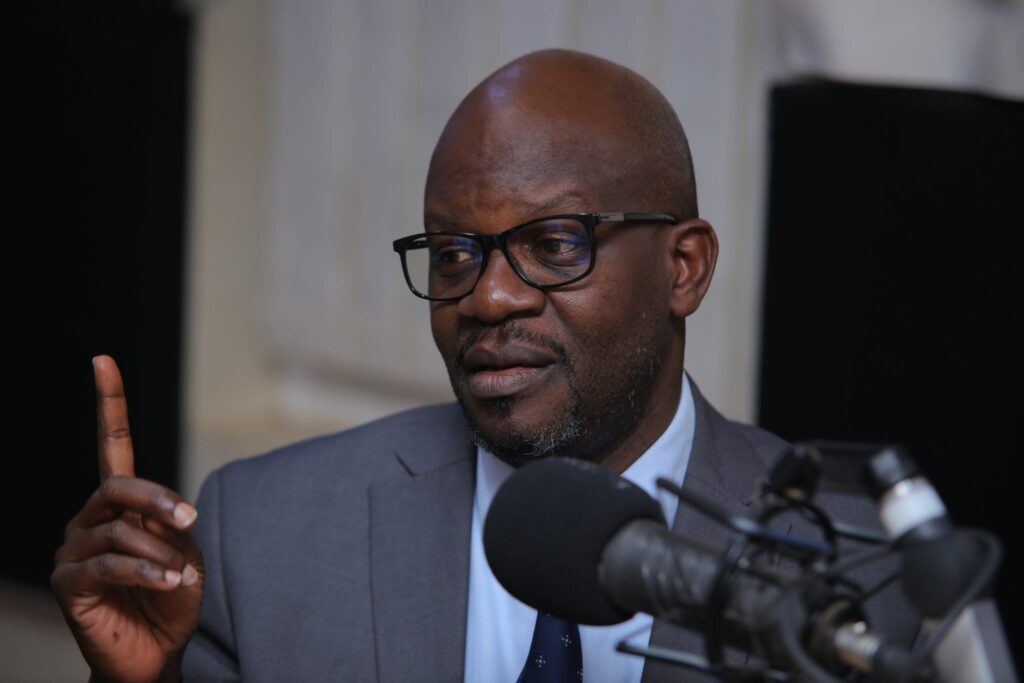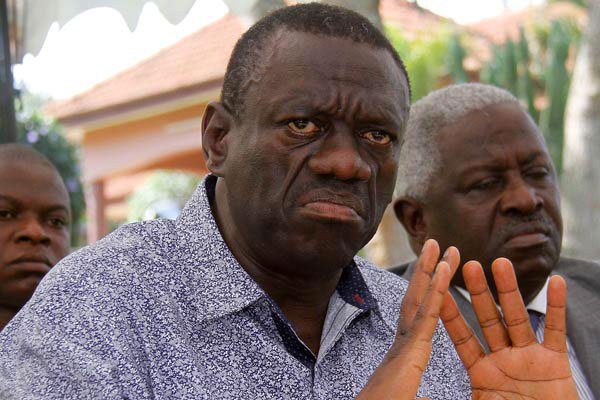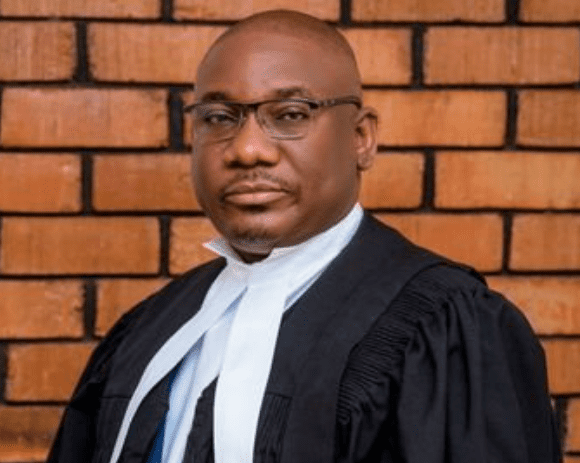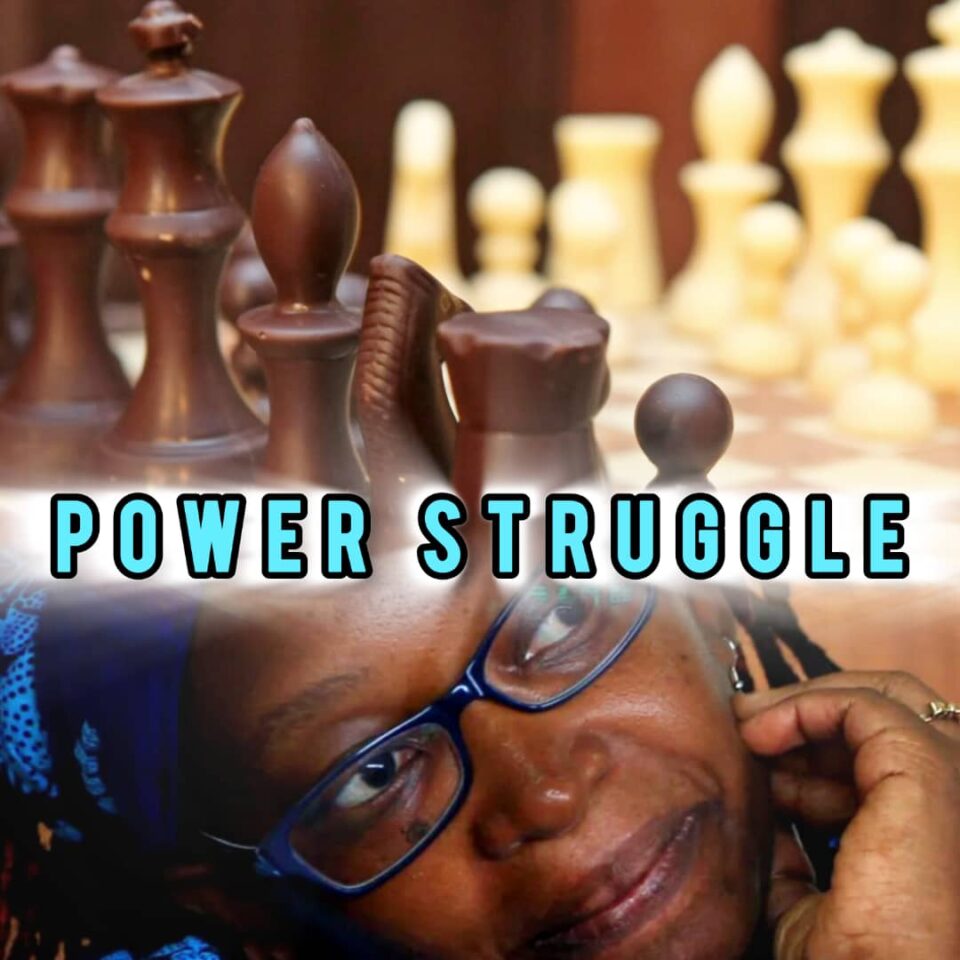NRM Shuts Down LOP Election Reform.
In a significant political standoff, Uganda’s ruling National Resistance Movement (NRM) has rejected a proposal aimed at reforming the process of electing the Leader of the Opposition (LoP).
The controversial bill, introduced by Democratic Party MP Richard Lumu, suggested that all opposition Members of Parliament (MPs) should vote to elect the LoP, a departure from the current system where the party with the most seats in the opposition, typically the National Unity Platform (NUP), selects the leader.

Proponents of the reform argue that the move would foster greater unity and democratic participation across opposition parties. According to Lumu, allowing all opposition MPs to have a say in the LoP election would give the position a broader mandate, promoting collaboration within the fractured opposition.
However, this proposal has been met with staunch opposition from both NRM leaders and key opposition figures. Critics, particularly from the NUP, claim that the bill is part of a broader strategy by the government to weaken the opposition by creating divisions within its ranks. Joel Ssenyonyi, a prominent opposition leader, argued that the ruling party is feeling the pressure from the current opposition leadership and sees this reform as a way to install a more government-friendly LoP.
Opposition’s Fears and Criticism


Dr. Kizza Besigye and NUP’s David Lewis Rubongoya, have spoken out against the proposed changes. Besigye emphasised that in a true multiparty democracy, the largest opposition party should form a shadow government, and therefore, the selection of the LoP should be an internal party matter. Rubongoya echoed this sentiment, stating that the government is seeking to control the opposition by manipulating the election process.
Further, the Forum for Democratic Change (FDC) expressed concerns that the bill would disempower opposition parties and give the NRM undue influence over who leads the opposition in Parliament.

Lawyer George Musisi argued that the current system, where the largest opposition party selects the LoP, is vital for maintaining a strong multiparty system.
NRM’s Stand
The NRM has defended its stance by arguing that the bill, if passed, would disrupt the parliamentary and multiparty systems. NRM officials have expressed concerns that the election of the LoP by a broader pool of MPs would lead to unnecessary factionalism within opposition parties, ultimately undermining their ability to challenge the government.
What’s Next?
As the political chess game continues, the fate of the proposed reform remains uncertain. If passed, it could dramatically reshape Uganda’s political landscape, fracturing opposition unity and altering the balance of power in Parliament. However, with strong resistance from key opposition figures and the ruling NRM, the bill faces significant hurdles before it can become law.



